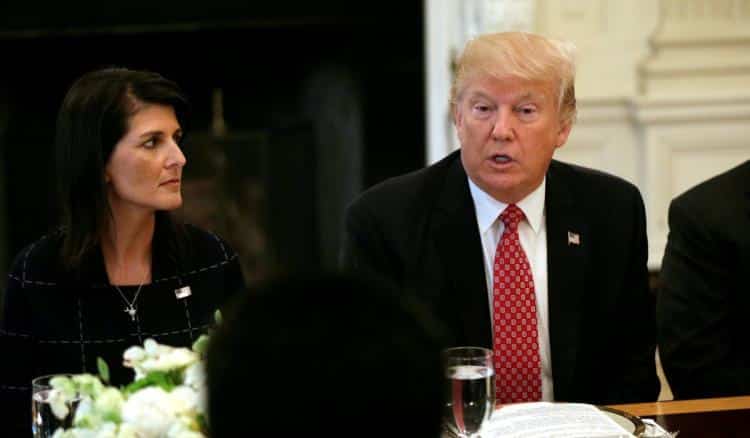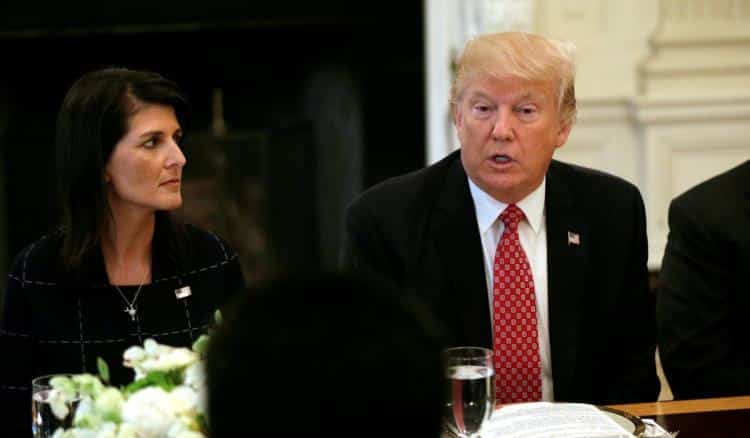Imagine we were back in 1948. Suppose Joseph Stalin offered to halt the Soviet Union’s efforts to develop its own atomic bomb for up to 15 years. As part of the deal, suppose he agreed to let inspectors from the United Nations enter the USSR and monitor all of its nuclear facilities. Suppose he’d even said these U.N. officials could also inspect other Soviet facilities, provided they had valid reasons to suspect proscribed activities were occurring there.
To sweeten the offer even more, imagine Stalin said he would also give up a substantial portion of the enriched uranium the USSR had already accumulated, leaving it well short of the amount needed to make a bomb. What did he want in exchange? Just some economic concessions to help rebuild the war-ravaged Soviet economy.
In making this offer, suppose Stalin insisted on retaining the capacity to enrich uranium for peaceful purposes (such as power reactors or medical uses). And let’s also suppose he made it clear he wasn’t going to withdraw the Red Army from Eastern Europe or stop trying to spread communism in other parts of the world. The Cold War would go on, in short, but the Soviet Union would not be a nuclear weapons state for as long as the agreement remained in force.
It is hard to believe the paranoid Soviet dictator would ever make such an offer, of course. But if he had, do you think Harry Truman, George C. Marshall, and Dean Acheson would have embraced it? You bet they would. And had that deal been in place in 1953, Dwight D. Eisenhower and John Foster Dulles would have moved heaven and earth to keep it in force. The reason is obvious: this deal would have kept the USSR from getting atomic weapons until the early 1960s (at least) and made it far less likely that Moscow would surprise us with a sudden demonstration test (as it did in 1949). At a minimum, this arrangement would have extended the warning time surrounding any future Soviet effort to break out and race to the bomb.
To be sure, the counterfactual scenario sketched above is almost unimaginable. Nonetheless, it reminds us how bizarre, short-sighted, and unrealistic the renewed campaign against the Iran nuclear deal is. For in fact, Iran agreed to essentially the same terms I sketched above, thereby removing the possibility of becoming an active nuclear weapons state for at least 15 years. Yet even though this deal is very much to America’s advantage — and to the benefit our main regional allies — the same critics continue to snipe at it.
The latest round in their campaign was U.N. Ambassador Nikki Haley’s disingenuous and falsehood-filled speech at the American Enterprise Institute last week. The speech is useful in one sense: it provides a handy summary of just about every creative and mendacious argument that die-hard opponents of the JCPOA have been cooking up since the agreement was signed. Unfortunately, it is neither an accurate guide to the agreement, to its current status, nor more importantly, to U.S. interests.
Fair use excerpt. Read the rest here.


